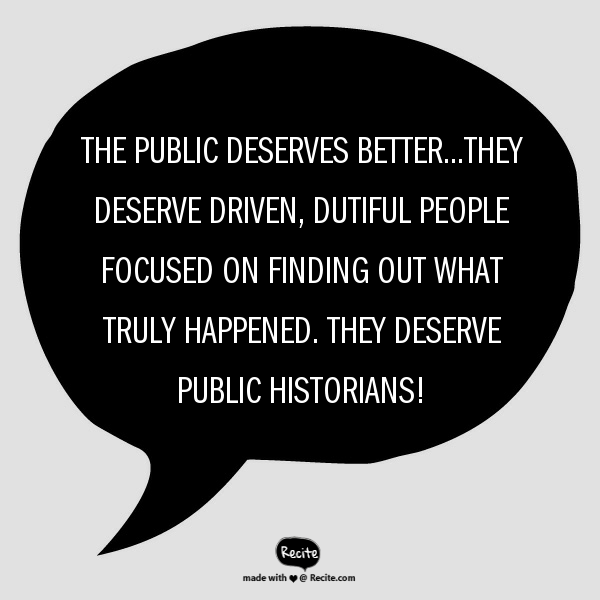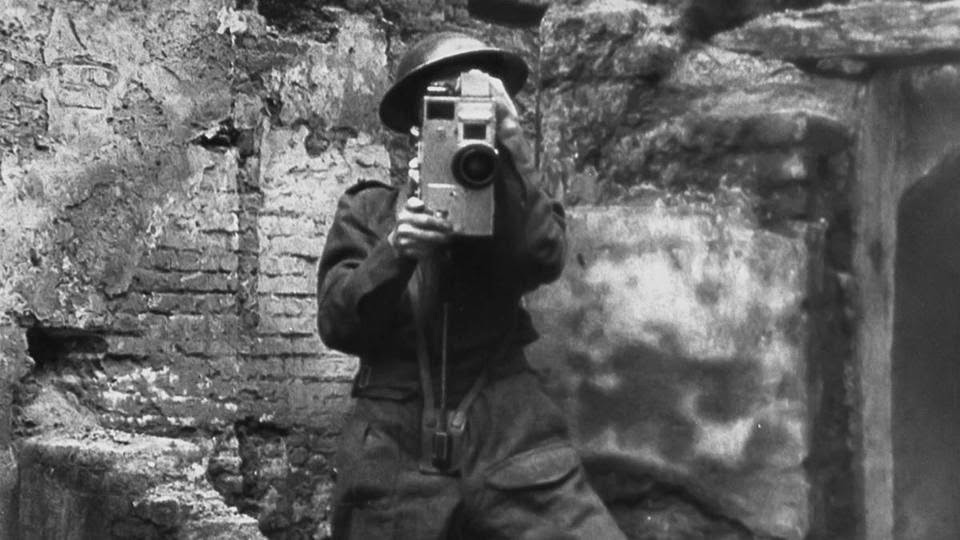Once upon a time, I had a particularly wonderful group of Intro to Public History students. We were working with the idea of memoir as public history. As a lark, really, I asked them to write their life story in six words, no more no less. The idea came from Smith Magazine and we all found it to be really compelling. So compelling, in fact, that we decided to involve our campus in the process. My students got hundreds of students involved. They shared their experiences, from the mundane to the sacred and everything in between. As public historians, we grappled with how to curate, to care for, other people's stories. We came up with creative ways of getting people to contribute and we took turns gatekeeping content and dealing with difficult memoirs, painful ones, angry and sad ones. We talked and debated and ultimately designed a series of arresting exhibits all over campus. You can see them here . From kitchen staff to the Vice President, so many members of our











